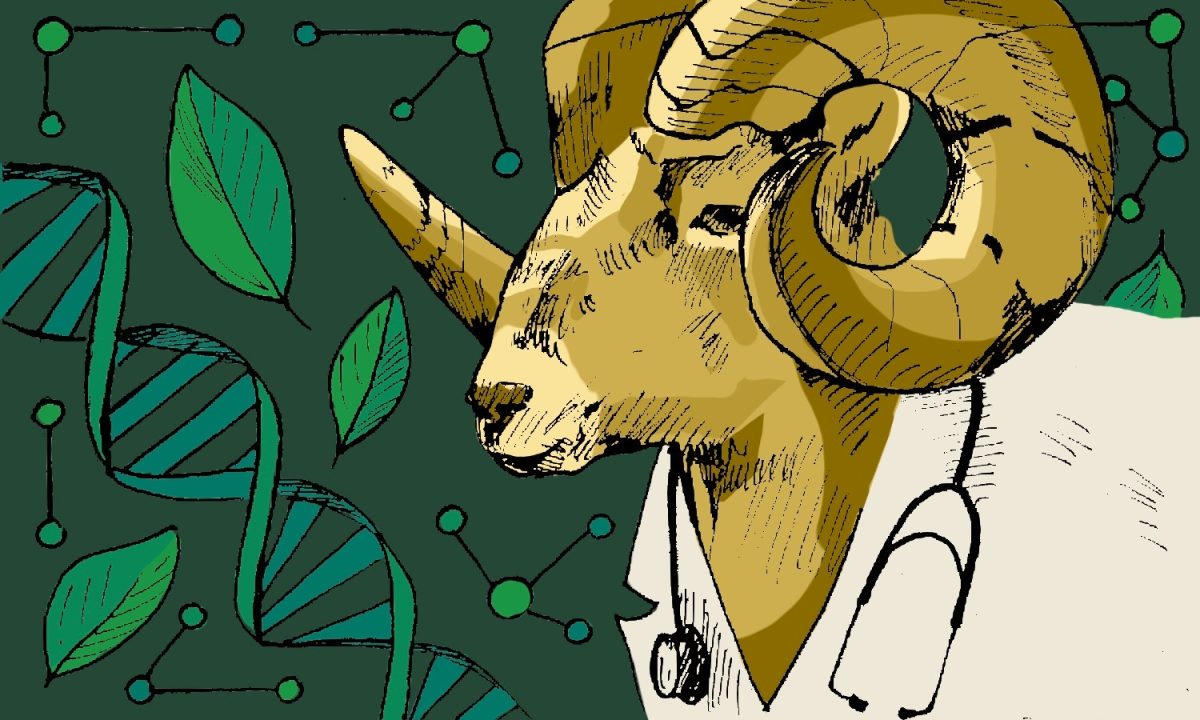Colorado State University is introducing three new concentrations and bringing back various classes within the political science department. The reintroduction of the course POLS 308: Political Psychology comes alongside a broader set of changes aimed at giving students more focused, career-relevant paths within the major.
Political Psychology examines the way people form political beliefs, make decisions and respond to information, drawing on both psychology and political science. It delves into how identity, emotion and cognitive bias influence political behavior — topics that faculty say are more relevant than ever.
“The course investigates why people have specific opinions and why groups have specific opinions, and we try to figure out the differences between nature,” said Daniel Weitzel, assistant professor of political science. “So what comes from your genetics? Like, how much is predetermined — who you are, what is nurture, how much is your family, your friends, the schools that you go to? Like, how much does that affect us?”
Beyond personal and social influences, the course also encourages students to consider the broader political structures that shape public opinion.
“And then we also touch a little bit on the fact of, like, what is the system, the political system that you grow up in doing?” Weitzel said. “How is the system that you grew up in shaping the opinions that you have, the thoughts you have about politics more broadly?”
Political Psychology is one of the department’s courses being added to the political science major for the 2025-26 academic year. Law, politics and government; power, justice and democracy; and public policy and service are the other new concentrations.
The first concentration, law, politics and government, is a revamped pre-law program requiring 12 upper-division and law-focused credits. The second, power, justice and democracy, prepares students for careers in social change and nonprofit work. The third, public policy and service, aligns with an accelerated master’s program in public policy, said Tracy Close, a political science academic success coordinator. She also emphasized the importance of intentional course selection and career development, noting that new check sheets for these concentrations would be available soon.
“We’re really excited about where this puts us. These classes and concentrations help students go deeper, find what drives them and prepare for real-world challenges.” -Tracy Close, political science academic success coordinator
Under the new system, students can choose to focus their coursework within a concentration or continue with a general political science degree. The goal is to give students clearer pathways tied to their interests and career goals.
“My concentration in power, justice and democracy will provide me with a strong foundation in legal knowledge and political activism, which is essential for helping others and offering legal guidance,” said Odeth Tomas Sarat, political science student. “Additionally, I will gain valuable insight into the nonprofit sector. Having worked with nonprofits before, I truly enjoy the impact they make, and it’s something I’d like to be involved in again in the future.”
The curriculum changes also include several new and redesigned courses. In addition to Political Psychology, the department is introducing classes such as POLS 272: The Politics of Power, Justice and Democracy; POLS 309: Urban Politics; POLS 331: Politics and Society Along the Mexican Border and more.
Close said these updates are designed to reflect both student interests and a shifting political landscape that increasingly requires interdisciplinary knowledge and applied skills.
“We’re really excited about where this puts us,” Close said. “These classes and concentrations help students go deeper, find what drives them and prepare for real-world challenges.”
The changes were finalized in late 2024 and will take effect for all new students in Fall 2025. Current students will have the option to opt into the new system or stay within the existing structure.
Bringing back courses like Political Psychology while also introducing timely new content and clear concentrations puts CSU in a great position to serve the next generation of political science students.
“College is hard,” Close said. “College without passion is almost impossible.”
Reach Riley Paling at life@collegian.com or on Twitter @rileypaling.









